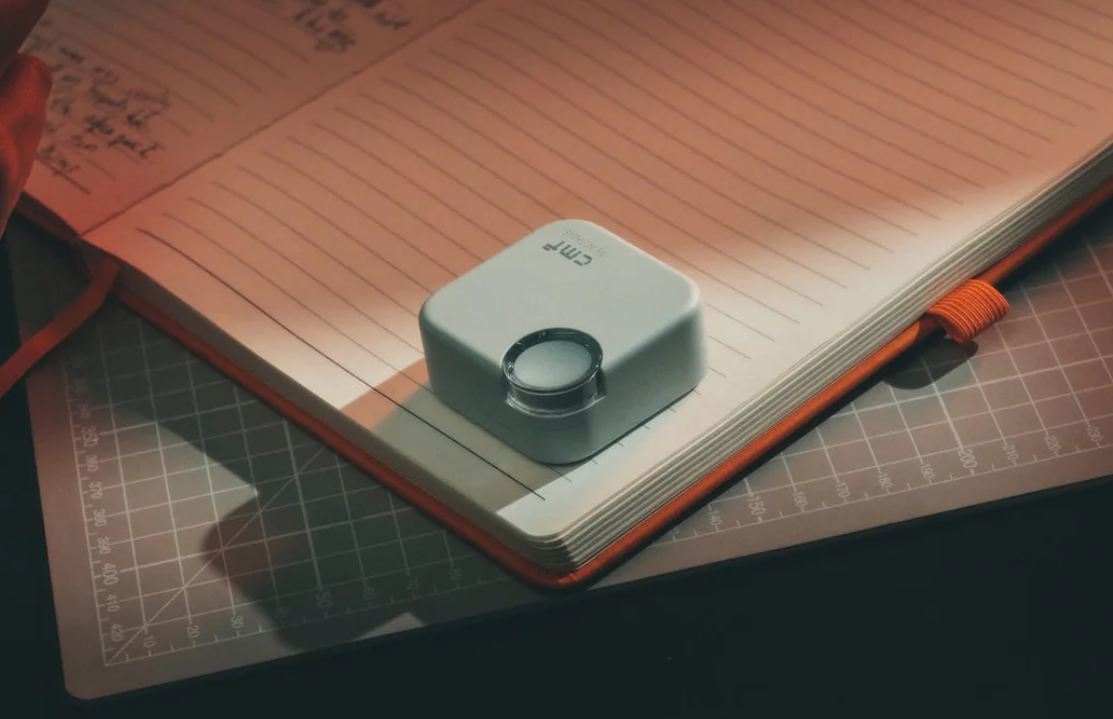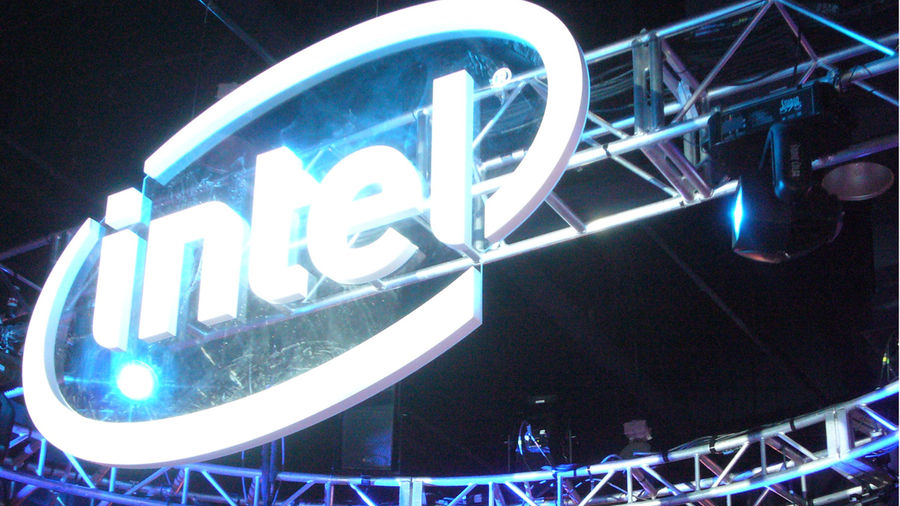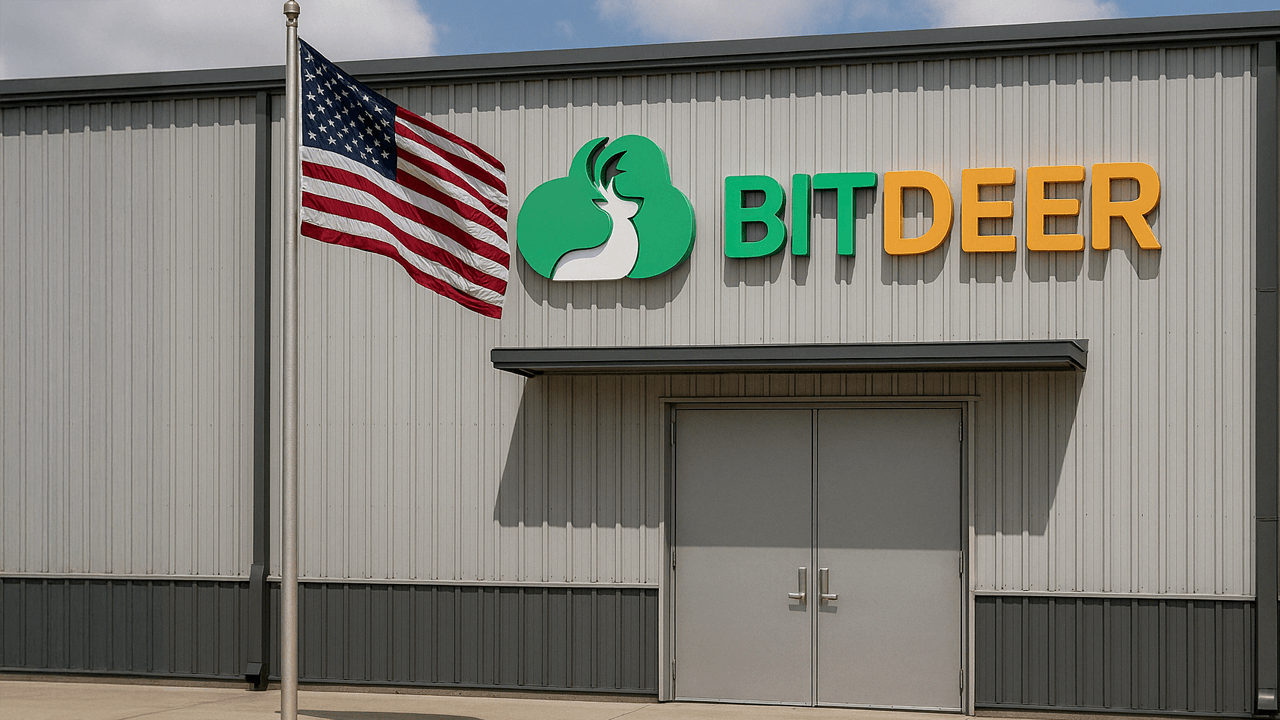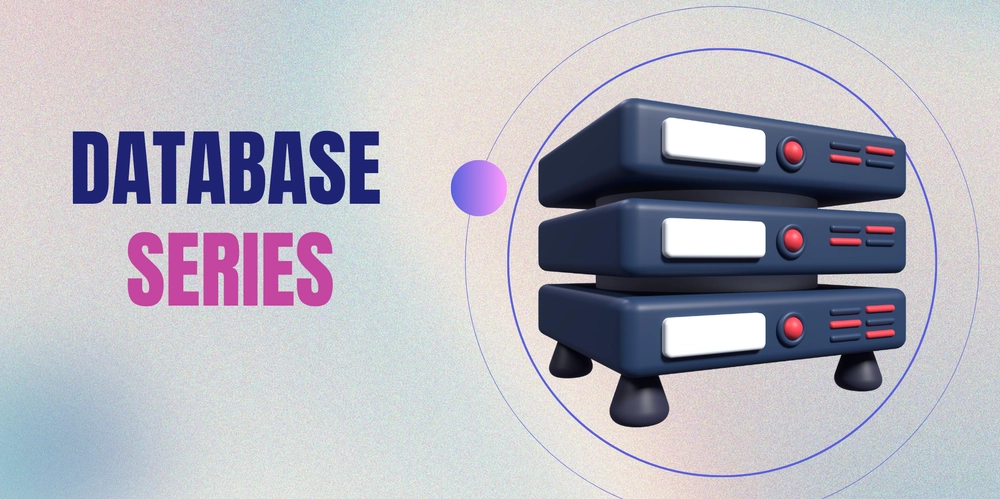The Importance of Code Hygiene
Introduction Welcome back today. I want to talk about tech debt and the importance of code hygiene. This is my advice and my input on it. We’ll dive into two critical aspects: managing code smells and removing unused libraries. These practices not only help in keeping your codebase clean but also improve overall project performance and maintainability. Understanding Tech Debt Tech debt is like the leftover food you have in your fridge that you don’t want to deal with until it's too late. You know it's important to deal with, but sometimes you just push it off. I think that’s the best way for me to put it. Tech debt can be a combination of things in your codebase from lines of code that aren't being used anymore or libraries that are imported that may not need to be there. Essentially, it's just small mistakes or leftover messes that can quickly add up in your application. The Sad Truth of Code Health What's going to happen most of the time is that managers aren't going to value tasks like cleaning up tech debt over pushing new features, a UI update, a new endpoint, or maybe a new database column. They really don’t like to look into the health of the application. Usually, when you work in a smaller team of a few people, it is harder to find time to do clean-up work when the higher ups only want the newest latest feature all the time. As a developer, you never have enough time to go back and clean it all up. Routine Code Cleanup Cleaning up tech debt is really important, and you'll thank yourself in the long run. Maybe set up something with your co-workers once a week when you review old code or, as you push your new code, take a second look. Make sure everything is clean. You'll undo old libraries, methods that have been deprecated but no one removed. Outdated code creates unnecessary clutter. The Challenge of Removing Code It’s much easier to add code than it is to remove it. Once code gets wrapped up in other classes, methods, and functions, everything becomes entangled. Cleaning it up later is tough. You have to be careful when adding new code to prevent bloating the application. Final Thoughts on Tech Debt My advice to anybody is to take tech debt seriously. You won’t always have the chance to go back and clean it up, because you'll always be pushing forward to do something new. I like to think about it like this: you are working in a kitchen as a chef, and work after you are done for the day, clean up your station so you can come back the next day and work in a good environment.
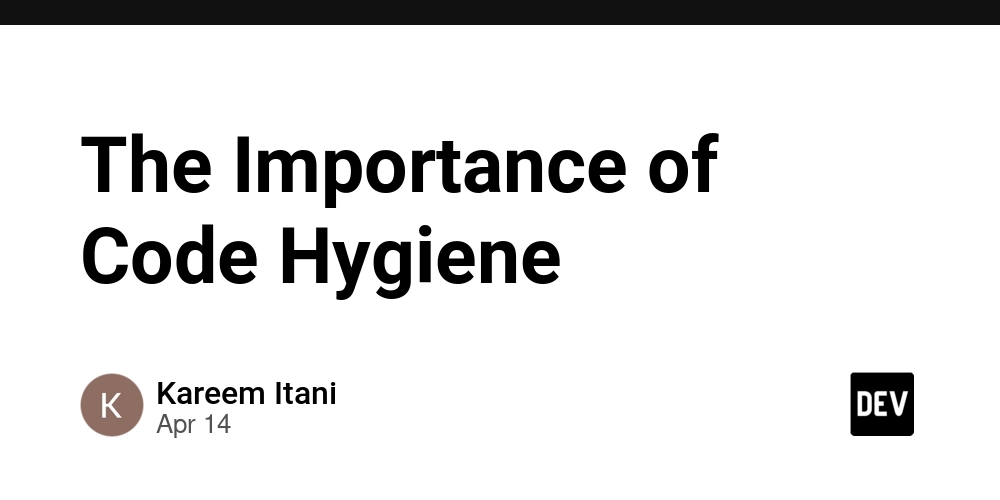
Introduction
Welcome back today. I want to talk about tech debt and the importance of code hygiene. This is my advice and my input on it. We’ll dive into two critical aspects: managing code smells and removing unused libraries. These practices not only help in keeping your codebase clean but also improve overall project performance and maintainability.
Understanding Tech Debt
Tech debt is like the leftover food you have in your fridge that you don’t want to deal with until it's too late. You know it's important to deal with, but sometimes you just push it off. I think that’s the best way for me to put it.
Tech debt can be a combination of things in your codebase from lines of code that aren't being used anymore or libraries that are imported that may not need to be there. Essentially, it's just small mistakes or leftover messes that can quickly add up in your application.
The Sad Truth of Code Health
What's going to happen most of the time is that managers aren't going to value tasks like cleaning up tech debt over pushing new features, a UI update, a new endpoint, or maybe a new database column. They really don’t like to look into the health of the application.
Usually, when you work in a smaller team of a few people, it is harder to find time to do clean-up work when the higher ups only want the newest latest feature all the time. As a developer, you never have enough time to go back and clean it all up.
Routine Code Cleanup
Cleaning up tech debt is really important, and you'll thank yourself in the long run. Maybe set up something with your co-workers once a week when you review old code or, as you push your new code, take a second look.
Make sure everything is clean. You'll undo old libraries, methods that have been deprecated but no one removed. Outdated code creates unnecessary clutter.
The Challenge of Removing Code
It’s much easier to add code than it is to remove it. Once code gets wrapped up in other classes, methods, and functions, everything becomes entangled. Cleaning it up later is tough. You have to be careful when adding new code to prevent bloating the application.
Final Thoughts on Tech Debt
My advice to anybody is to take tech debt seriously. You won’t always have the chance to go back and clean it up, because you'll always be pushing forward to do something new.
I like to think about it like this: you are working in a kitchen as a chef, and work after you are done for the day, clean up your station so you can come back the next day and work in a good environment.


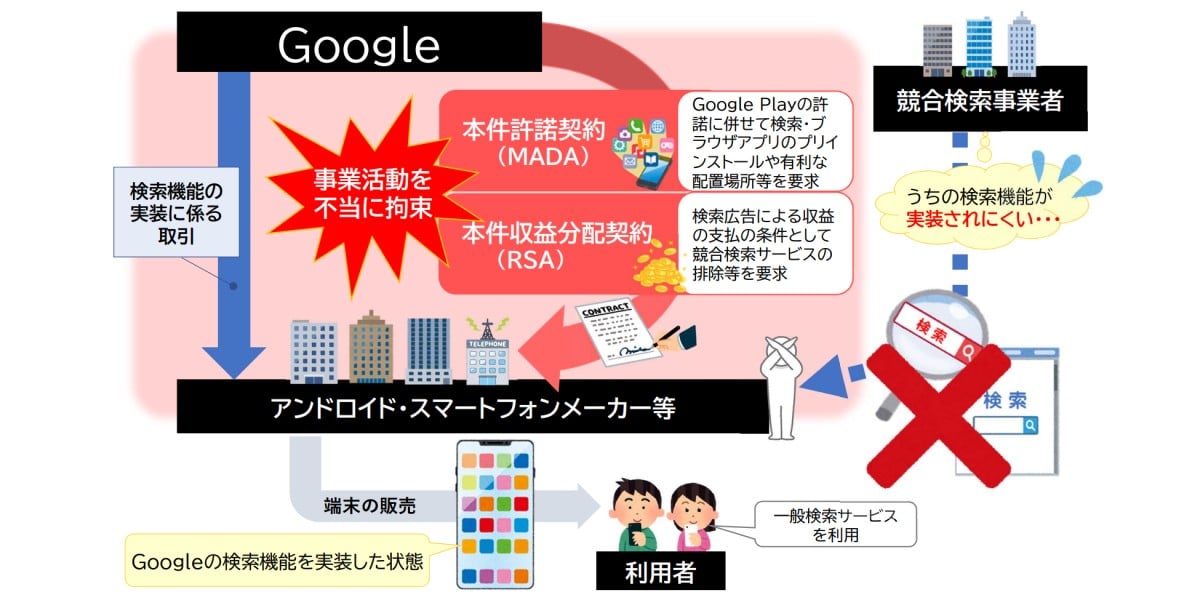















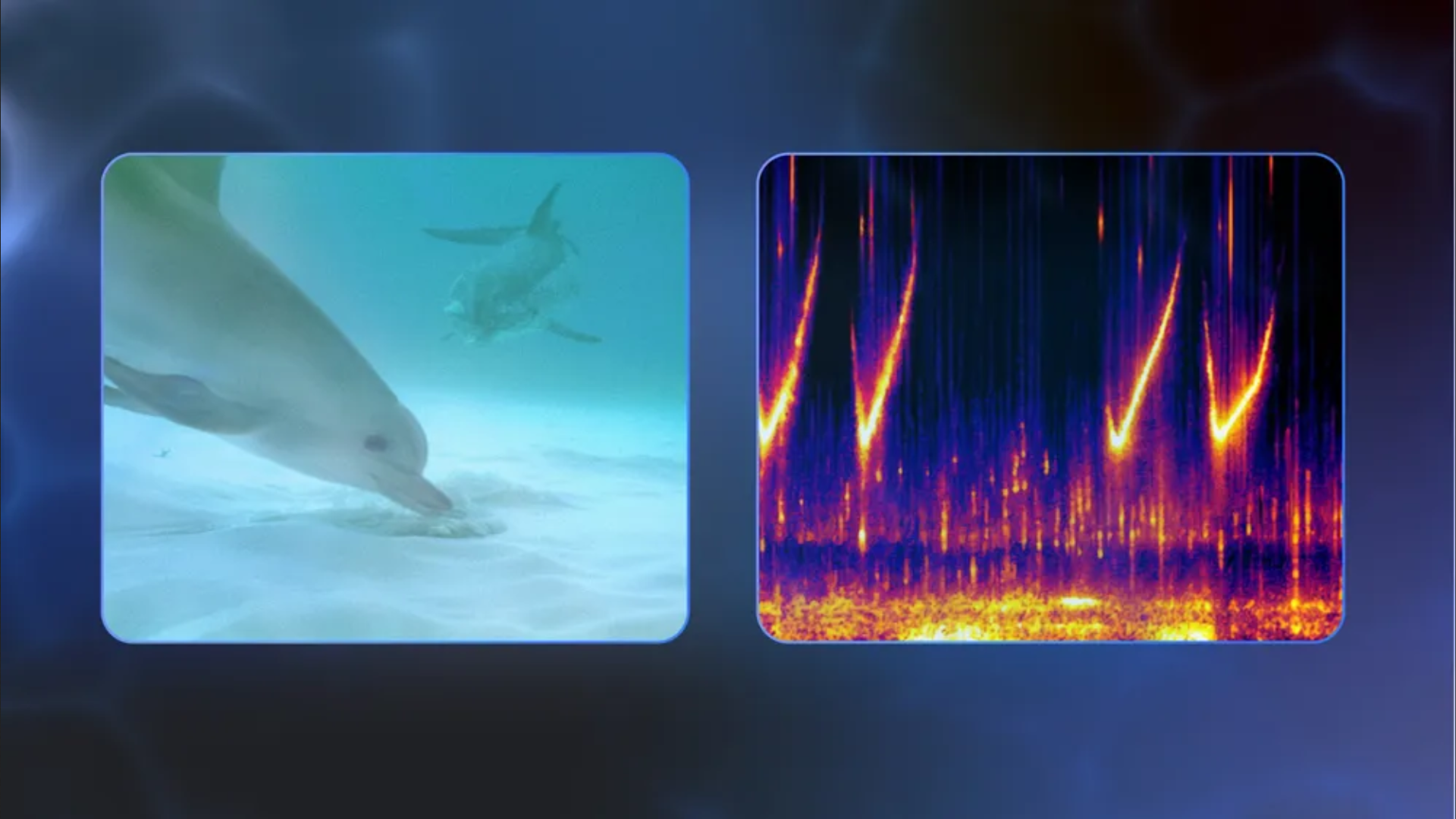





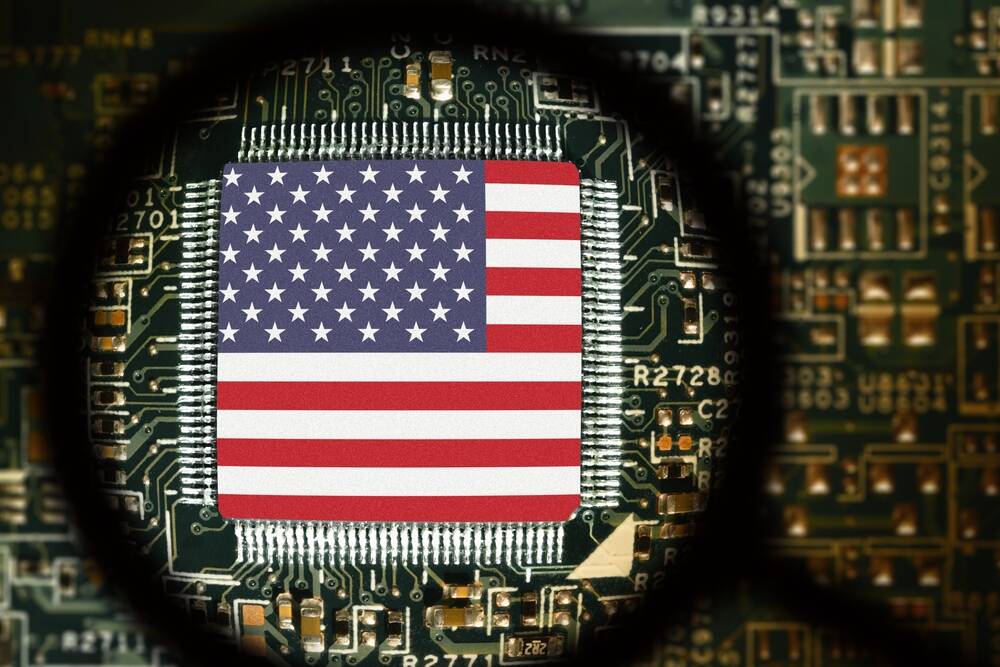


















































































































































![[The AI Show Episode 144]: ChatGPT’s New Memory, Shopify CEO’s Leaked “AI First” Memo, Google Cloud Next Releases, o3 and o4-mini Coming Soon & Llama 4’s Rocky Launch](https://www.marketingaiinstitute.com/hubfs/ep%20144%20cover.png)














































































































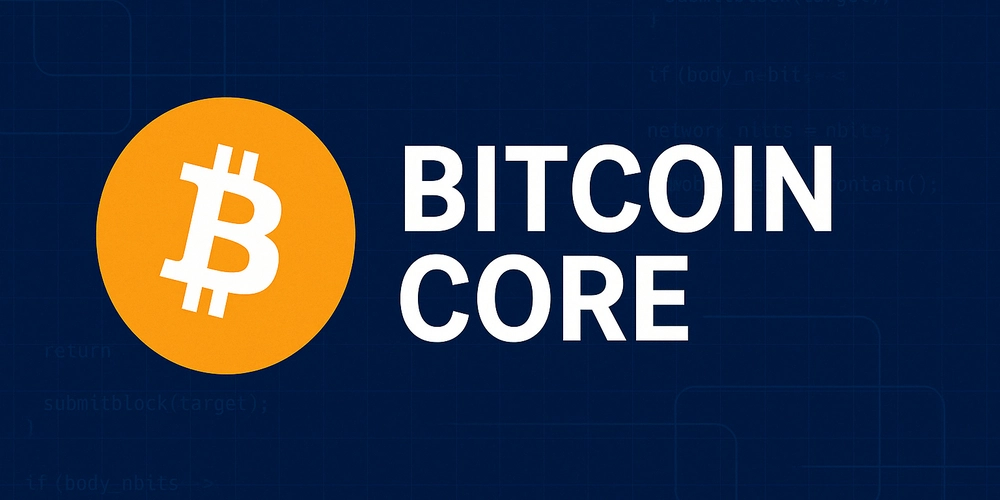
































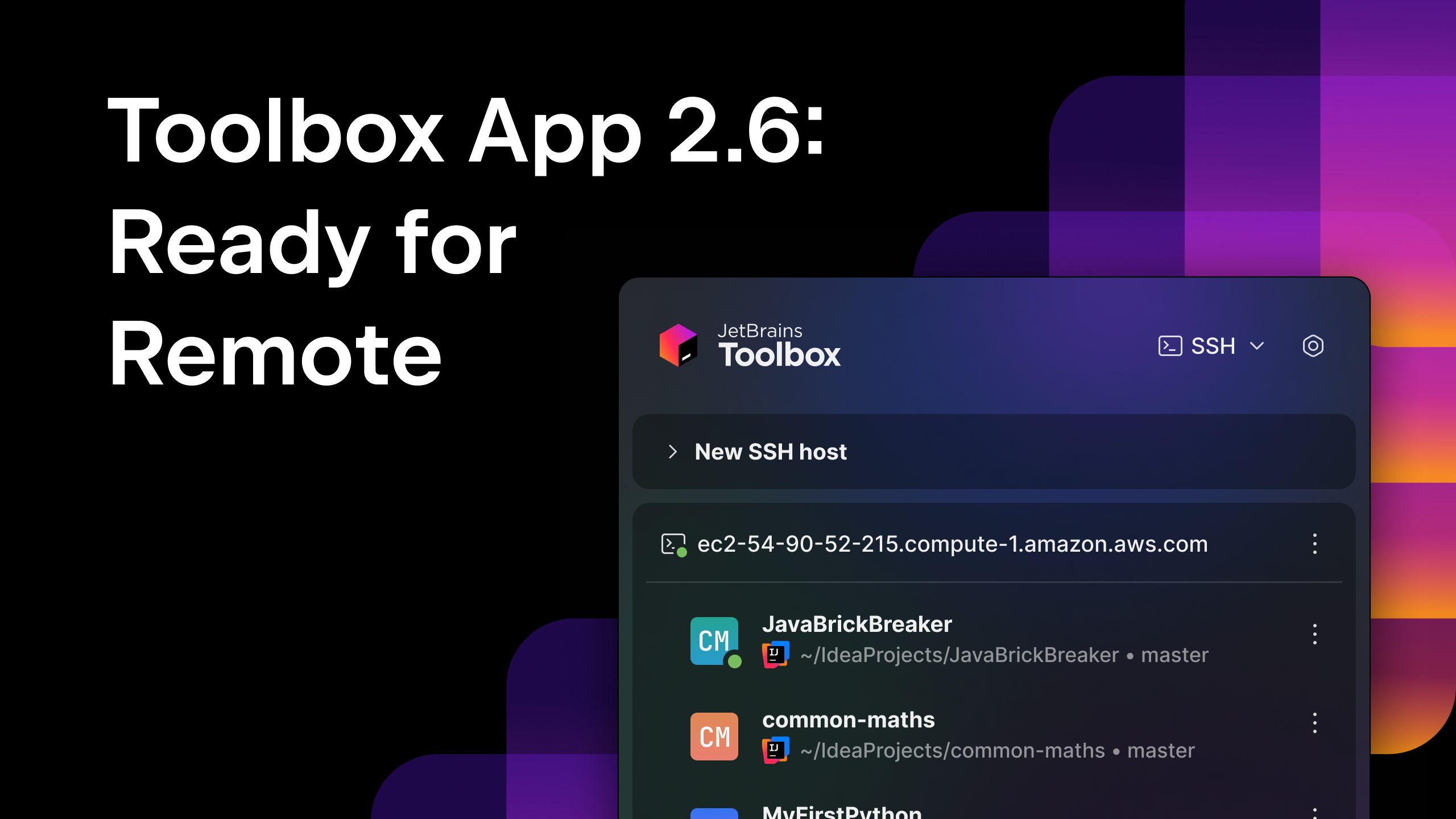




















































![Blue Archive tier list [April 2025]](https://media.pocketgamer.com/artwork/na-33404-1636469504/blue-archive-screenshot-2.jpg?#)

































.png?#)









-Baldur’s-Gate-3-The-Final-Patch---An-Animated-Short-00-03-43.png?width=1920&height=1920&fit=bounds&quality=70&format=jpg&auto=webp#)










![Apple to Split Enterprise and Western Europe Roles as VP Exits [Report]](https://www.iclarified.com/images/news/97032/97032/97032-640.jpg)

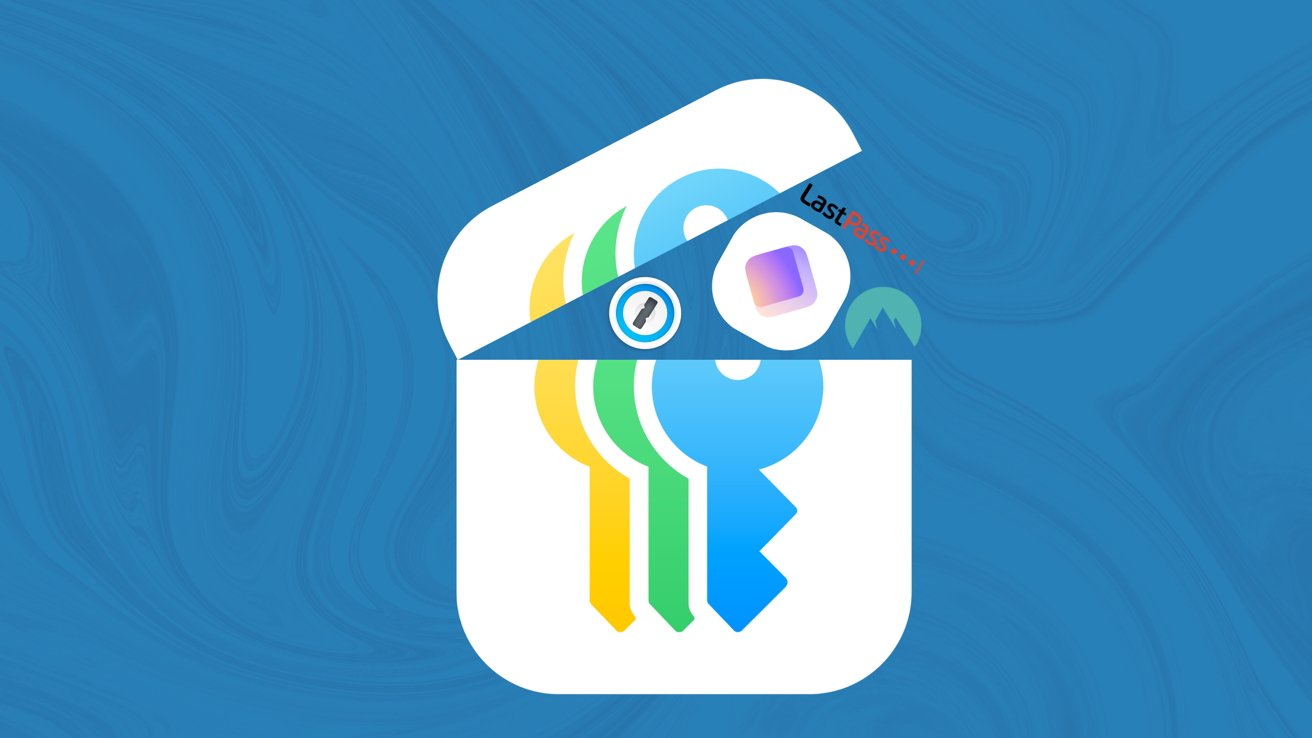











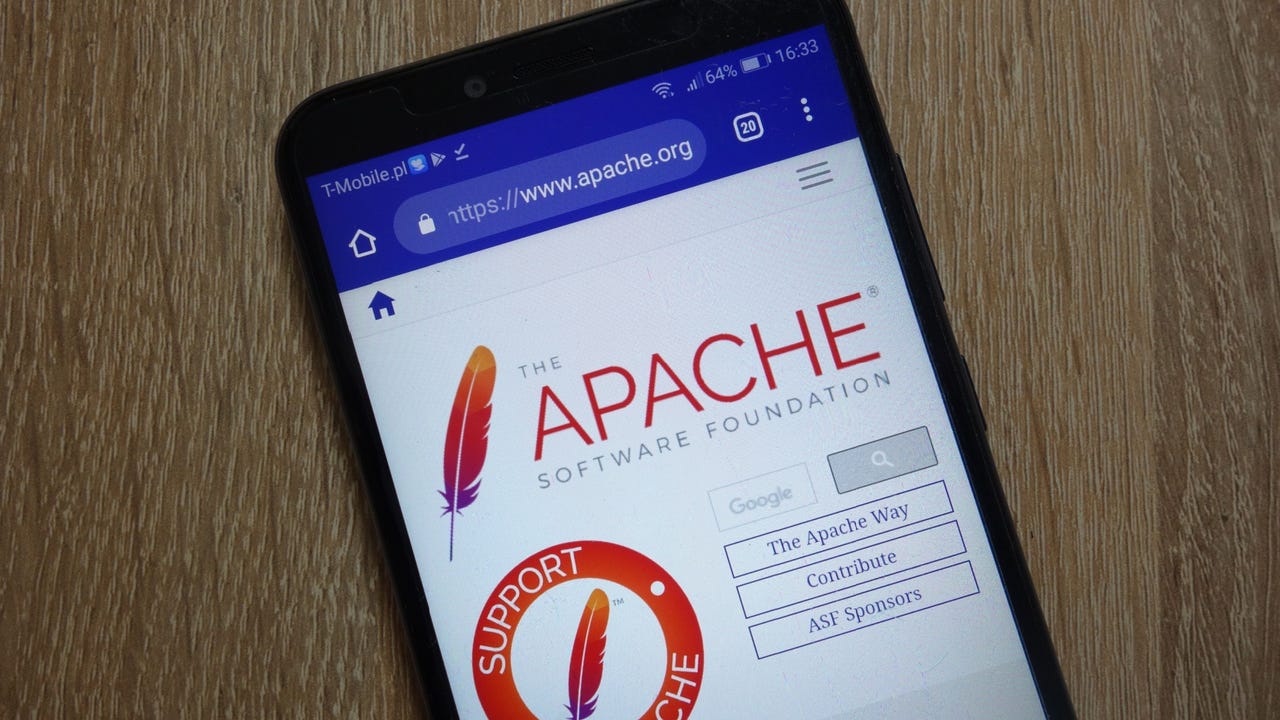








































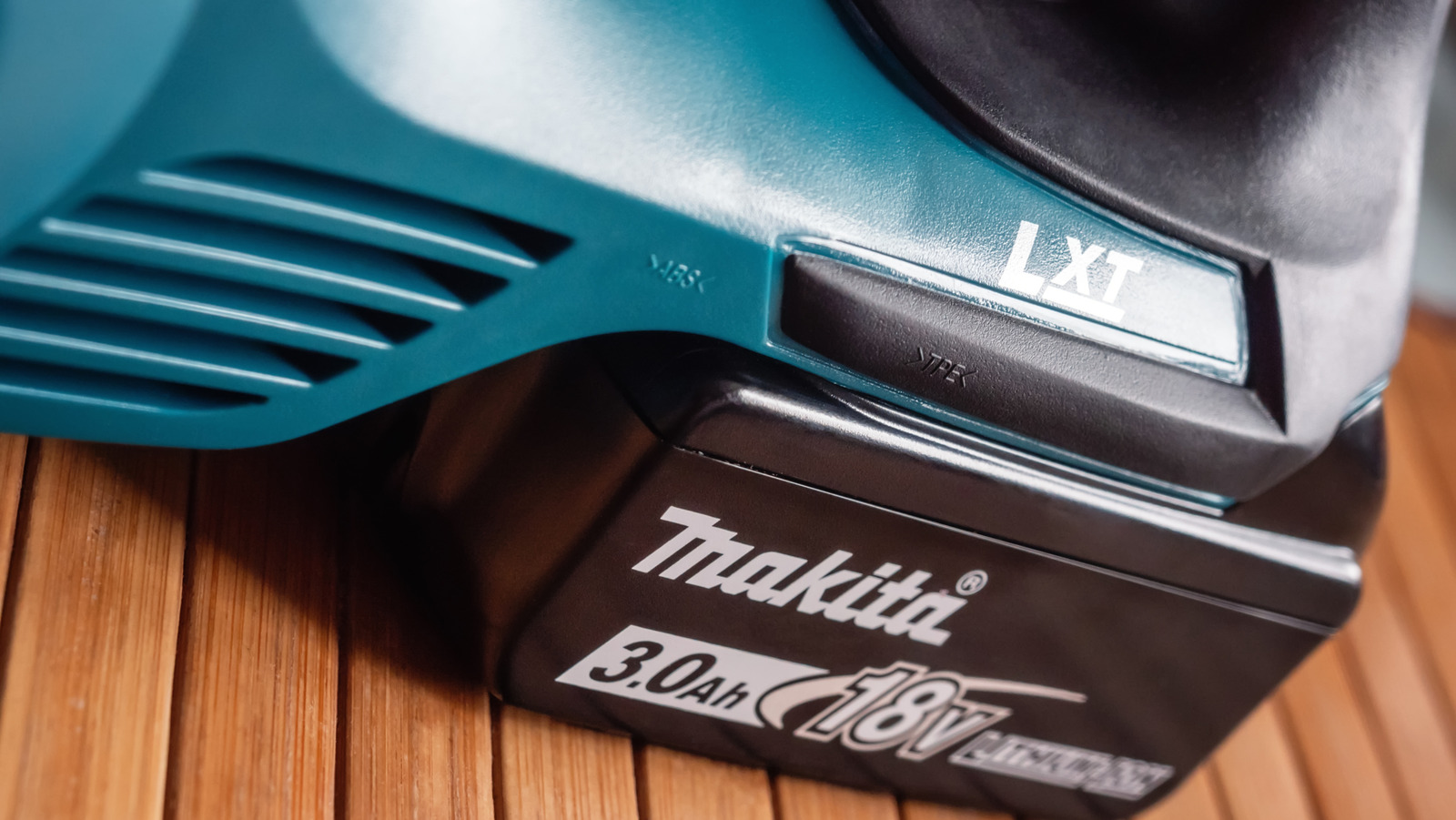












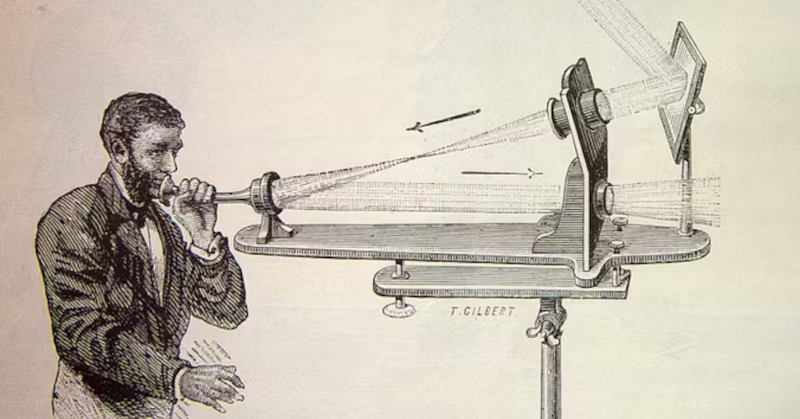
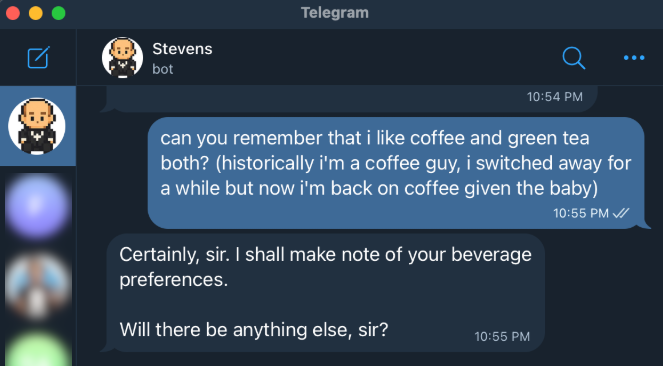
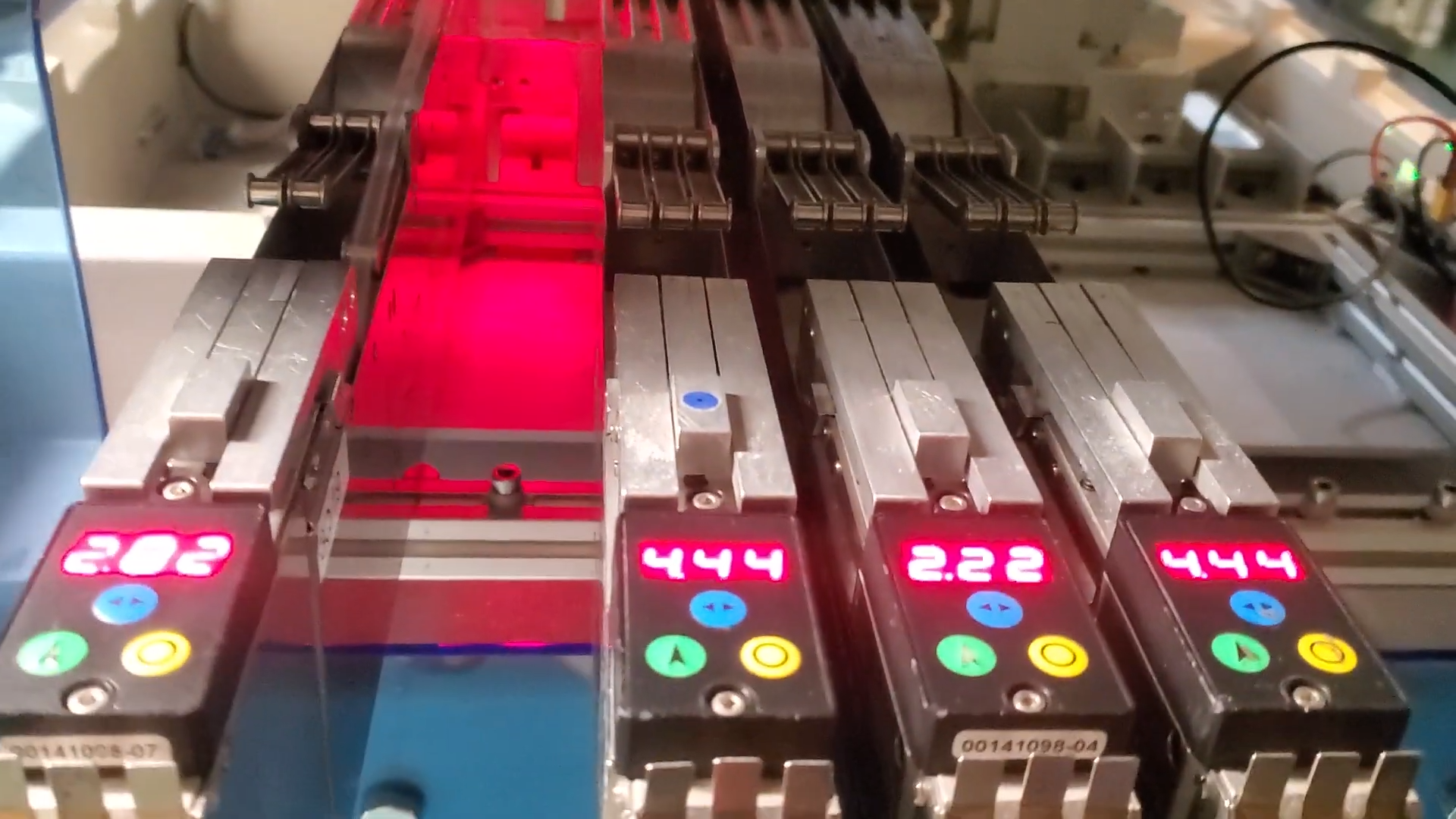
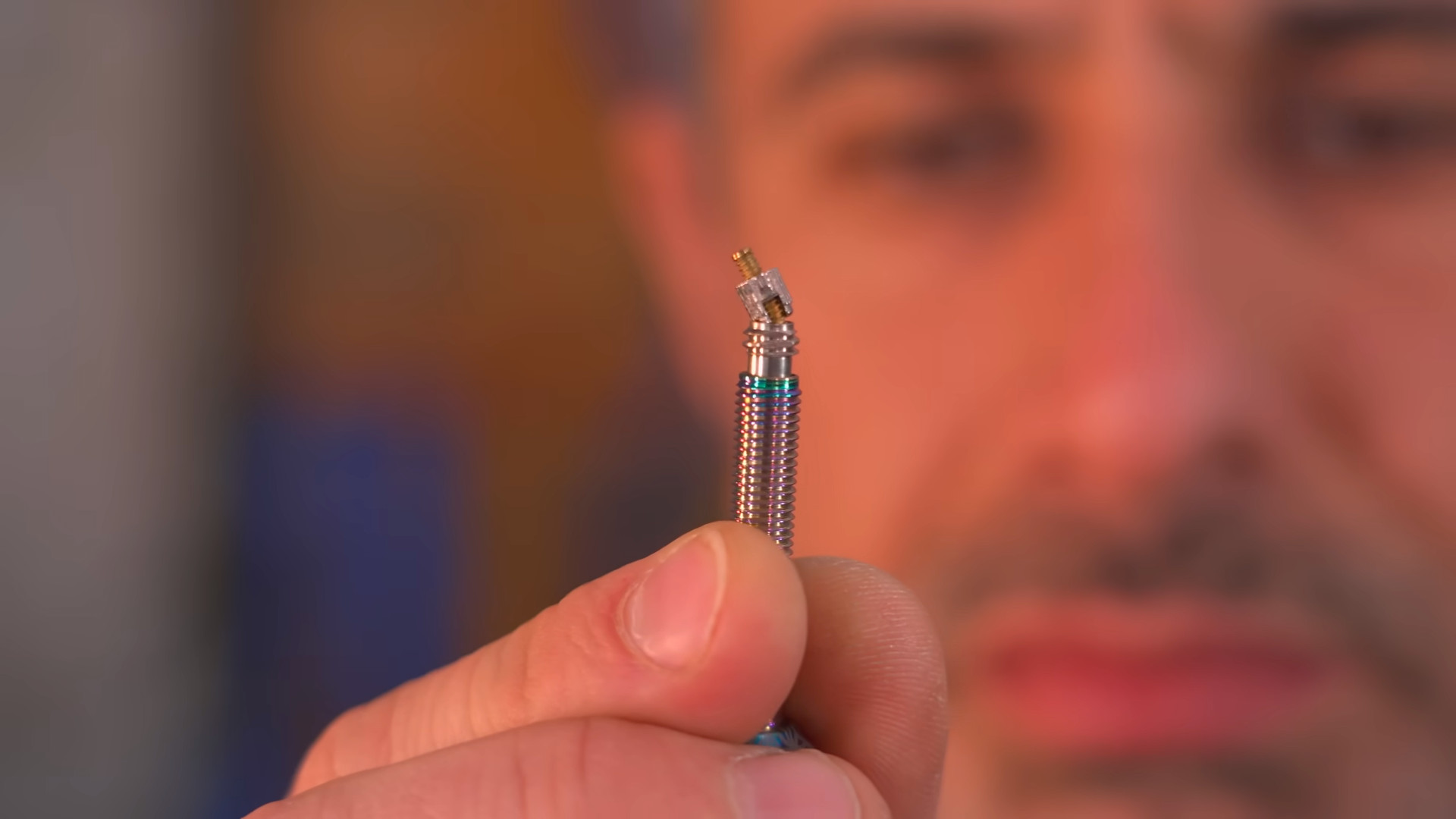






















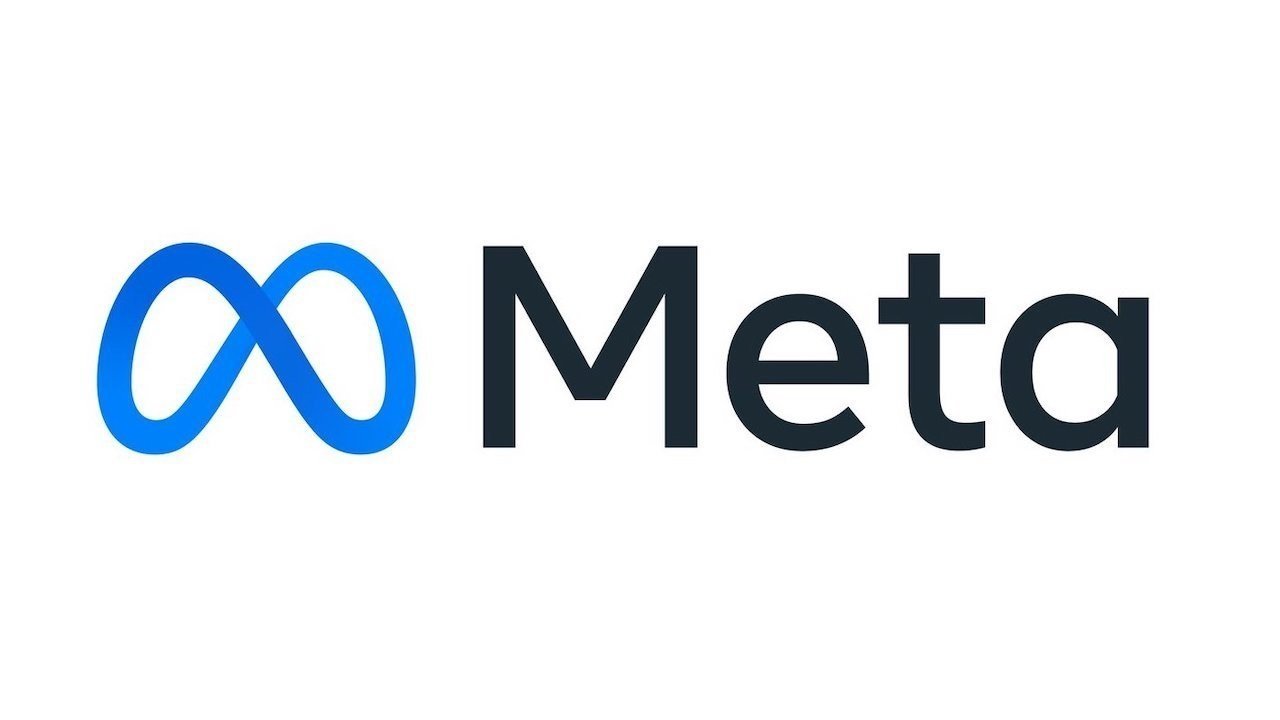





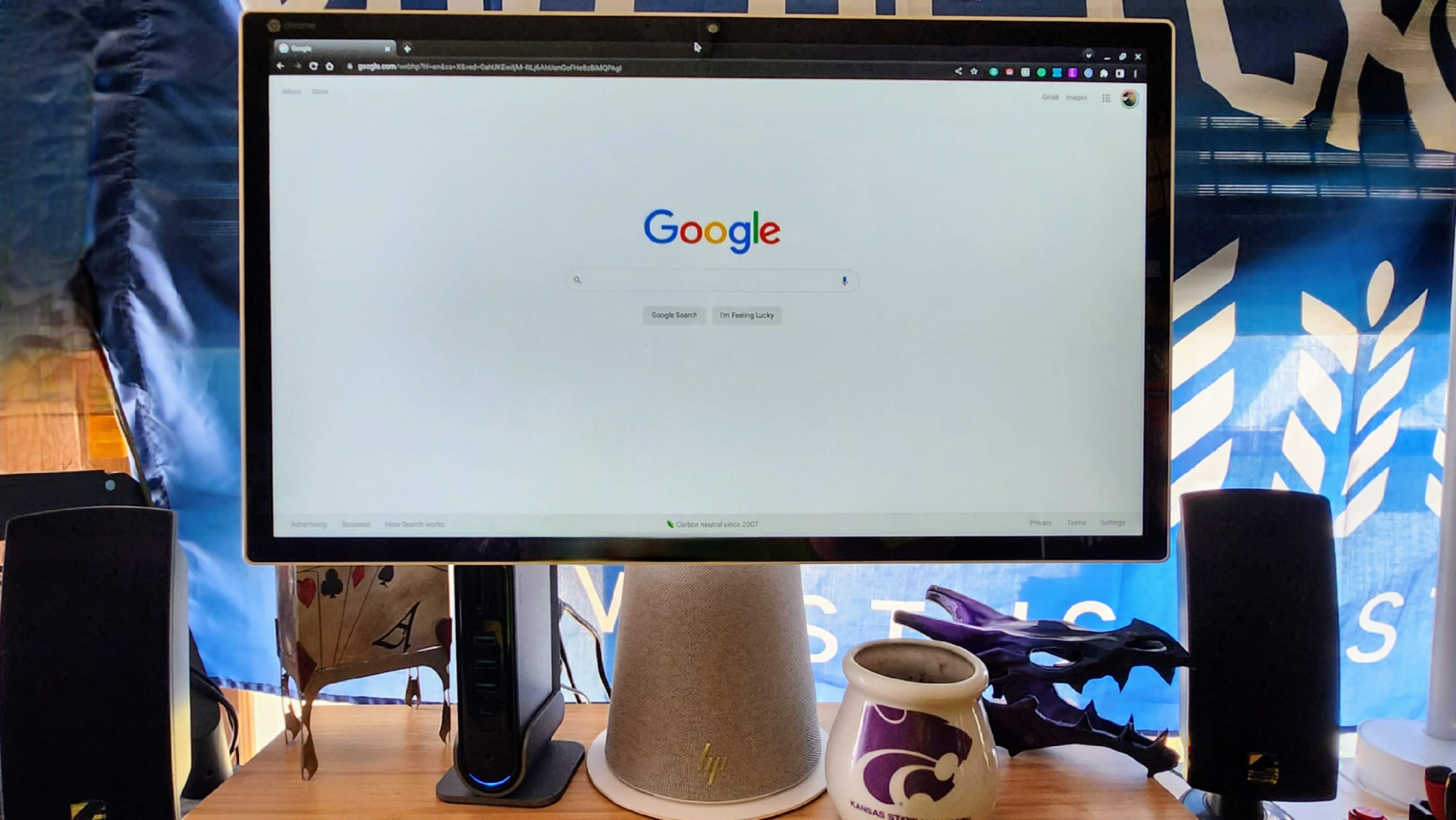


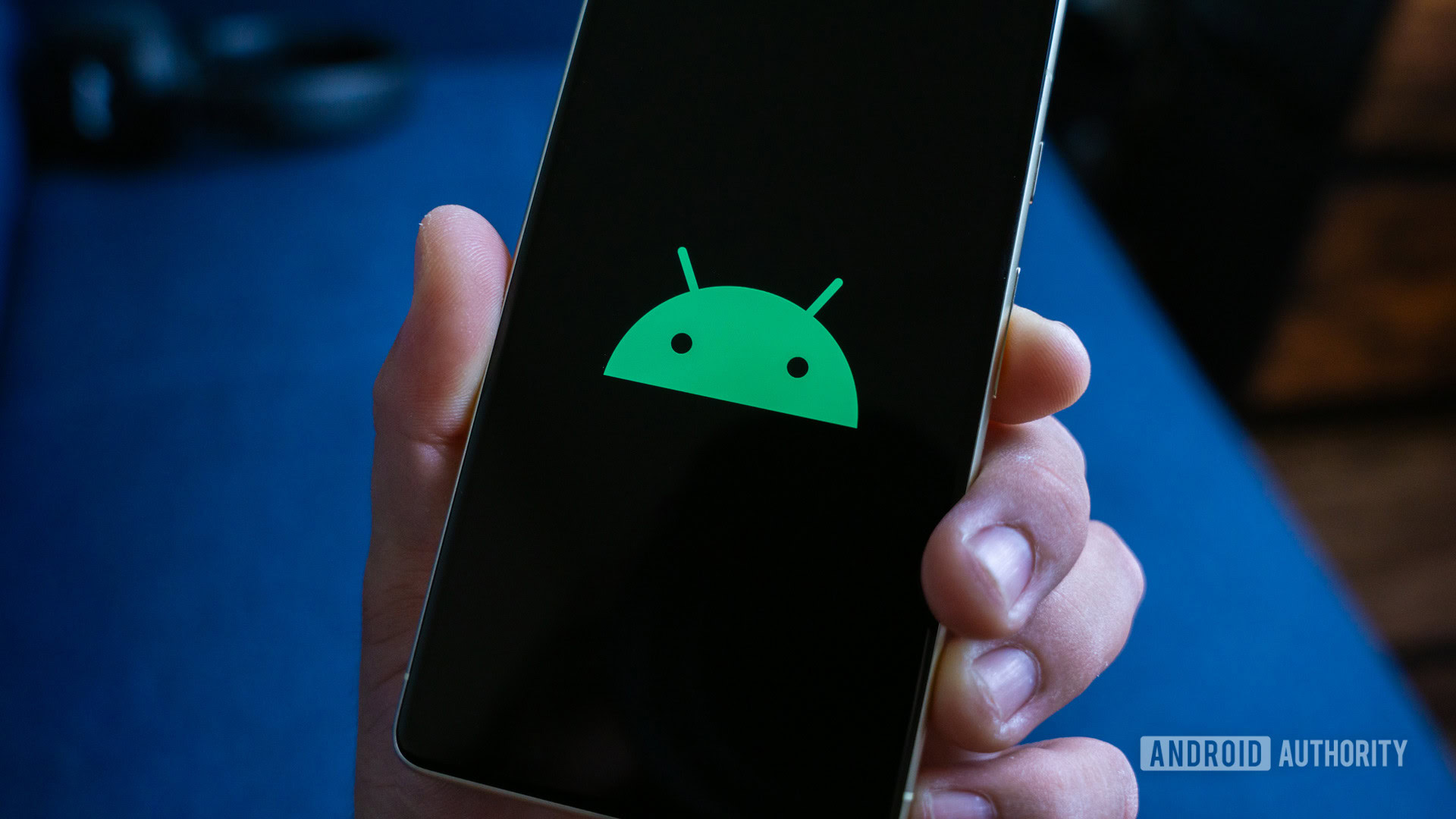

















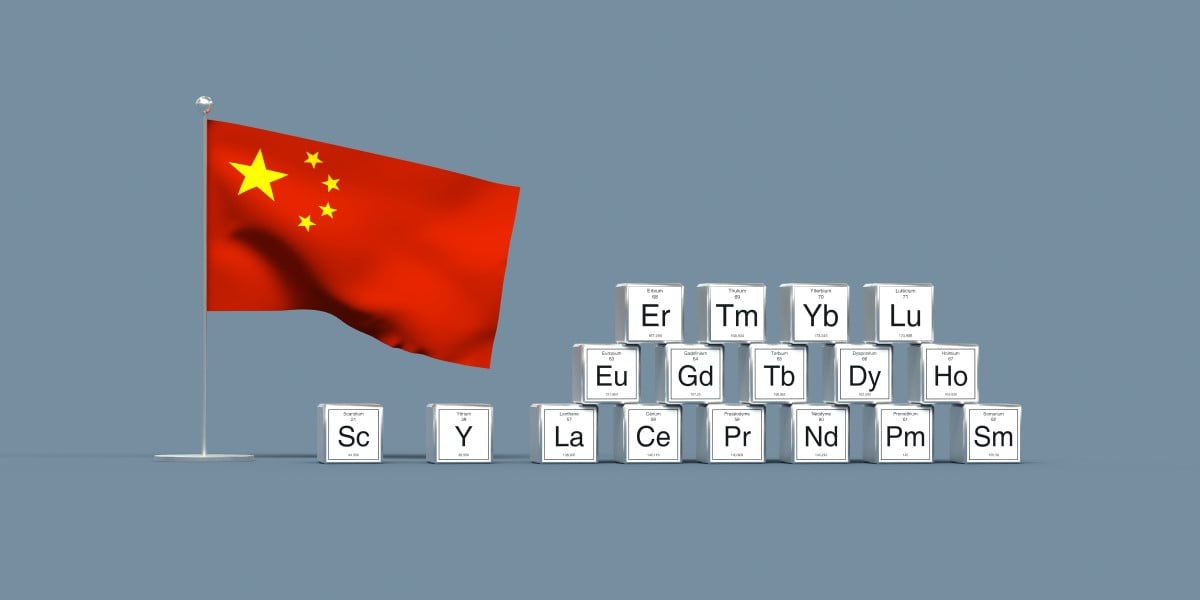

![Nanoleaf Announces New Pegboard Desk Dock With Dual-Sided Lighting [Video]](https://www.iclarified.com/images/news/97030/97030/97030-640.jpg)

![Apple's Foldable iPhone May Cost Between $2100 and $2300 [Rumor]](https://www.iclarified.com/images/news/97028/97028/97028-640.jpg)













